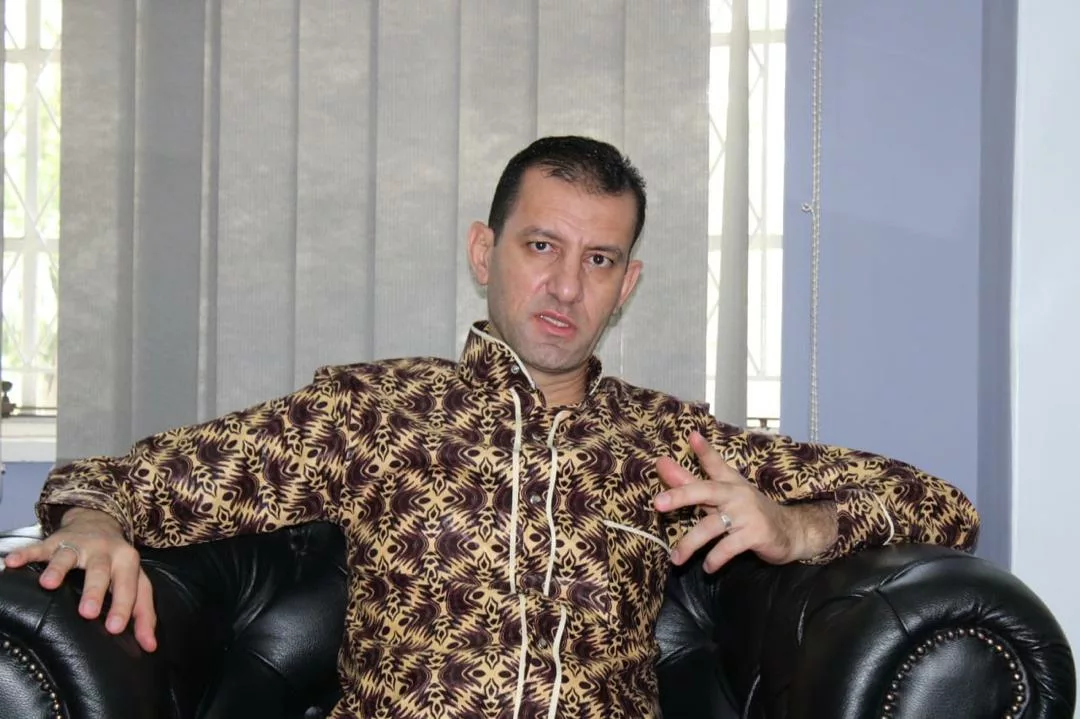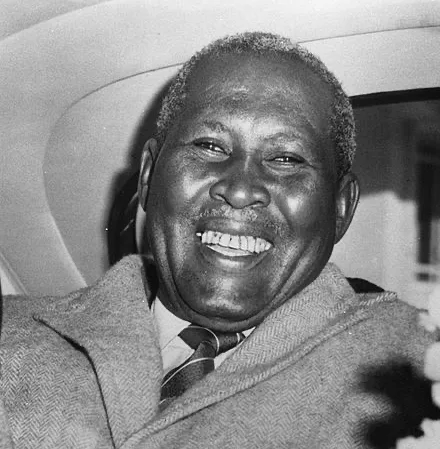By Kundai Marunya
Zimbabwe United Nations Association (ZUNA) board member and project director Ronald Mubaiwa said the country has dismally failed to meet the Millennium Development Goals (MDGs) agreed upon at a United Nations summit in 2000.
The summit held in New York saw 189 head of states, President Mugabe among them, endorse the MDGs, a commitment to work together to build a safer, more prosperous and equitable world by 2015.
The goals include eradicating extreme poverty and hunger, achieving universal primary education, promoting gender equality and empower women, reducing child mortality, improving maternal health, combating HIV/AIDS, malaria and other diseases, ensuring environmental sustainability and develop a global partnership for development.
In an interview with Spiked on the sidelines of a ZUNA workshop on MDGs, Mubaiwa said the major goal of eradicating poverty is the country’s worst failure.
“The situation continues to deteriorate with more that 75 percent living below the poverty datum line while unemployment continues to rise.
“Education which is a basic human right and a ‘key to success’ has become very costly with a number of children still not able to access it,” he said.
“Though health care for children below five years is free, there is no medication to back the policy, thus parents are given prescriptions to buy drugs in pharmacies which many parents cannot leading to infant mortality.”
Mubaiwa said maternal health which should be free is still being charged as ‘consultation’ or ‘registration fee’ while many mothers are detained in hospitals for failing to settle the bills after giving birth.
“In rural areas were the poorest population live, mothers end up giving birth at home leading to maternal deaths and infant mortality,” he added.
He attributed the failure on slow reaction and lack of consultation.
“We failed because of the lack of consultation by some state parties. The grassroots were not even aware what the MDGs are and major efforts were made only towards the end of the 15 year time span,” said Mubaiwa.
He however gave some credit on strides made towards ensuring gender equality.
“Zimbabwe has made great strides towards gender equality by increasing the number of female politicians and setting up a ministry solely reliable on improving the livelihoods of women,” said Mubaiwa.
“Though these steps are really appreciated, we still need to elevate women to positions of power so that they can also be part of the decision making.”
Mubaiwa also commended the government and other stakeholders on efforts made to combat the spread of HIV and other diseases.
“Great strides have been made to reduce AIDS, Malaria and other communicable diseases but we still need to reduce AIDS from our current 15% prevalence rate to zero percent,” he said.






